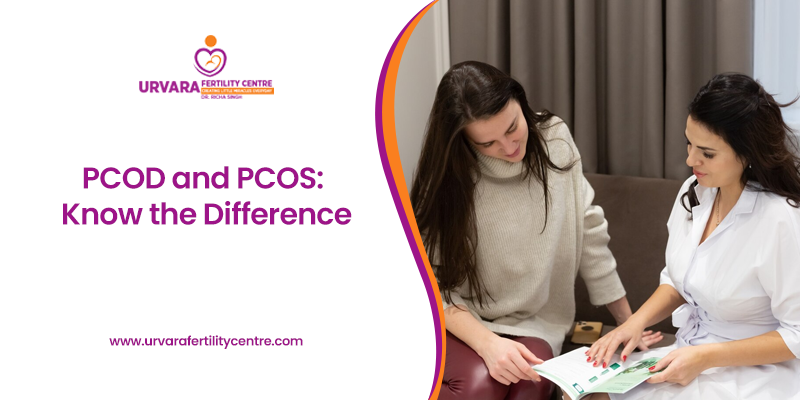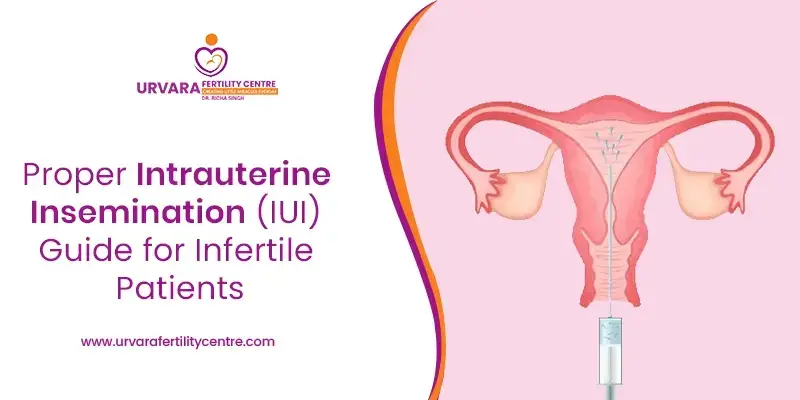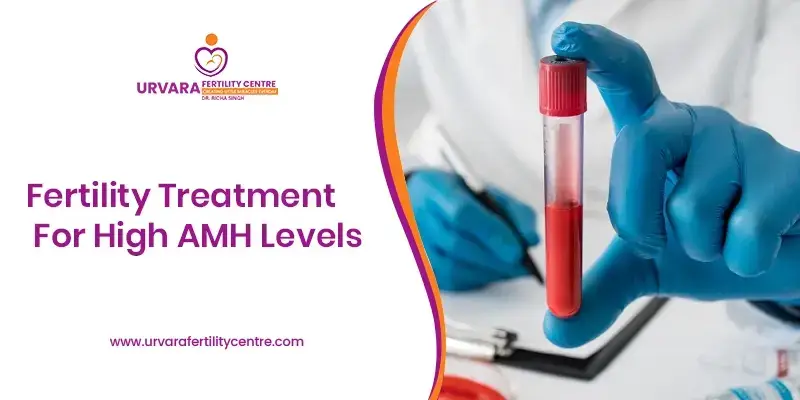Are you confused about PCOS (Polycystic Ovary Syndrome) and PCOD (Polycystic Ovarian Disease)? Worry not, we are here to tell you about them in detail. As per the studies, PCOD is a common disorder and 10% of the women population is affected by it in our world whereas PCOS is a serious medical condition, and around 0.2% to 2.5% of the women population is affected by it globally. Let’s explore what are the differences between PCOD and PCOS.
What is PCOS (Polycystic Ovary Syndrome)?
PCOS is a hormonal imbalance that occurs when your ovaries produce excess androgen hormone. It is a metabolic disorder and a more severe form of PCOD can lead to anovulation which means ovaries stop releasing eggs. Women with PCOS face irregular menstrual periods, excess hair growth, acne, and infertility. But remember you may have PCOS and not have any symptoms. Many people don’t realize they have the condition until they face issues in getting pregnant.
Most women are diagnosed in their 20s or 30s when they’re trying to get pregnant. Women facing PCOS can consult with the best infertility specialist in Lucknow for a personalized treatment plan and the right healthcare services. Small follicle cysts may be visible on your ovaries during an ultrasound if you are facing PCOS. if we look into the cause of PCOS then the exact cause of PCOS is still unknown. Let’s look into the several factors that may cause PCOS.
What are the Causes of PCOS?
The causes of PCOS are higher levels of male hormones called androgen which causes irregular periods. High levels of androgen also cause excess hair growth on your face. Another cause can be insulin resistance, an increase in insulin levels causes ovaries to release androgen hormone.
High levels of androgen suppress ovulation and increase the symptoms of PCOS. Insulin helps your body process glucose and use it for energy. Insulin resistance means your body doesn’t process insulin appropriately. Being overweight can also enhance insulin resistance. Women with PCOS also have low-grade inflammation.
PCOS affects your fertility adversely. As the woman is not ovulating regularly, it is difficult to conceive. With PCOS, there is a risk of miscarriage, premature birth, or complications during pregnancy. Women suffering from PCOS mostly require infertility treatment process to manage other health conditions that they may develop.
Is there any Treatment for PCOS?
PCOS can be controlled with the help of hormonal birth control, which improves acne and helps to regulate your menstrual cycle, reducing excess hair growth. Insulin-sensitizing medicine, medications to reduce androgen hormone levels, eating a well-balanced diet, and maintaining a body weight for reducing PCOS symptoms.
If you are facing PCOS and want to conceive then IVF (In Vitro fertilization) is a good option for you. In IVF, your egg and your partner’s sperm are fertilized in the lab under specific conditions and after embryo formation, the embryo is transferred into the uterus. At the best IVF centre in Lucknow, you can get a proper healthcare plan to improve the chances of a successful pregnancy.
What is PCOD (Polycystic Ovary Disease)?
PCOD is a medical condition in which a woman’s ovaries generate immature or partially mature eggs in large numbers during reproductive age. Due to the cysts, ovaries become large and secrete higher amounts of male hormones which causes infertility issues, weight gain, hair loss, and more. Many women may face other symptoms like mood swings, lower self-confidence, negative self-image, disruption of eating and sleep patterns, and more. A woman facing PCOD can ovulate and become pregnant with the guidance of a female infertility specialist.
What are the Causes of PCOD?
Overproduction of androgen hormone because ovaries produce higher amounts of androgens that can lead to PCOS. Excess androgen production disrupts the ovulation process. The eggs don’t develop regularly and cannot get released from the follicles where they develop. This can result in infertility. A family history of PCOD and poor lifestyle habits can increase the symptoms of PCOD problems among females.
What is the Treatment of PCOD?
There is no need to worry if you are diagnosed with PCOD you can manage PCOD just by improving your lifestyle, eating a balanced diet, doing regular exercise, getting enough sleep, and avoiding junk food.
Diagnosis of PCOD and PCOS
To diagnose PCOD or PCOS, your gynecologist may recommend pelvic examination for analyzing growth or abnormalities in the reproductive organs, blood tests to understand the hormone levels, and imaging tests to check the size of ovaries and cysts in ovaries.
Conclusion
If you are facing PCOS or PCOD then you should monitor your health and hormone levels regularly and try to manage it through the right advised plan. If it is not managed or left untreated then PCOD can lead to type 2 diabetes or obesity in the future whereas PCOS can lead to hypertension or pregnancy complications. If you are experiencing symptoms similar to PCOD or PCOS, consult the gynecologist for a proper healthcare plan.






